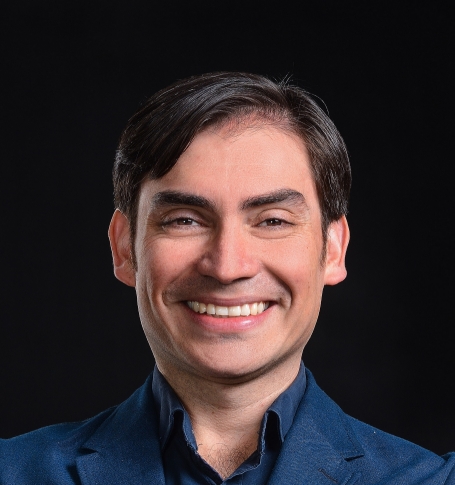I have frequently heard someone say they wish they had more time to do all the things they have or want to.
If we were talking about reading every book ever written, then yeah, that’s life. There’s just not enough time in a lifetime to do that.
Instead, today I’ll discuss the case when we have realistic goals, like learning a new skill, or juggling many time-sensitive commitments, but we feel like there’s too much to do and not enough time, which is a fallacy.
Decisions
Last time I checked, each of us has twenty four hours per day, so time is not the reason why some people can do that and others can’t. The main issue is how we decide to spend the time that we have.
Aside from involuntary reflexes, everything we do is a decision. Working, watching TV, working extra hours and scrolling on Instagram are things that we decide to do, and we can decide to not do them.
The first step to reclaim some time is to acknowledge that some things that seem imposed on us are not, and that we have the ability to decide what we do or don’t do.
For example, you can decide to not work, as long as you are okay with not earning money from that. You can decide to close your social network account if you don’t mind missing out the amazing pictures and videos from your friends.
A key mindset change comes from the words we use. When we say “I don’t have time to ___”, we’re taking responsibility off us, like if we were under the control of a time deity. Instead, we should say:
I decided to do ____ instead of _____
This change in phrasing is important because, when we acknowledge that we made a decision, we’re empowering us to change that decision.
Getting Things Done
Getting Things Done: The Art of Stress-Free Productivity (or just GTD), by David Allen, is in my opinion THE book about time management.
Several years ago, my manager insisted that I read this book, and I am so glad I did, as it’s one of the two books that entirely changed my life and career.
The GTD book proposes a methodology for organising our life while removing stress in the process. One of the great things about this methodology is that it acknowledges that we are humans that live in an imperfect world where things won’t go according to plan.
The book outlines a five-step process to achieve productivity, and most importantly, it does a great job at explaining the reasoning behind each of the steps, and how they complement each other.
For this reason, I will not summarise the book in this article. I’ve read a few summaries, and although they are quite good, they are unable to truly explain why this methodology works.
Instead, I will leave a video where David Allen in the flesh presents the ideas of the book to Google employees.
If you think you could improve how you organise your professional or personal life, I cannot recommend enough that you read this book.
Use your time wisely!
José Miguel
Share if you find this content useful.
Follow me on LinkedIn to be notified of new articles.

